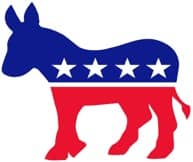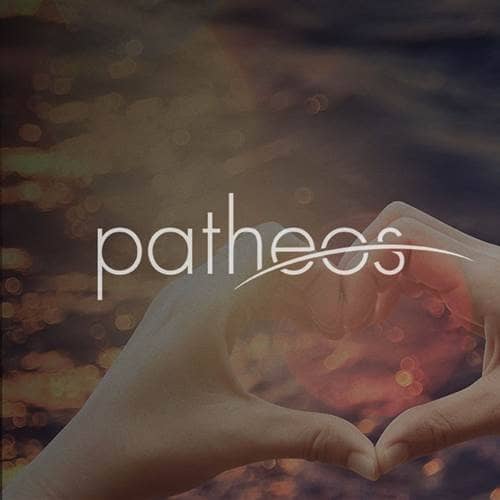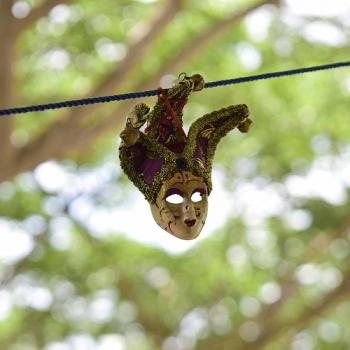
When I was growing up in Utah, Calvin Rampton and Scott Matheson were our Governors, Frank Moss was one of our Senators, and Gunn McKay was our Congressman. All were Mormon Democrats. My father was a steelworker who believed that the Democrats were the party that ended the Depression, won the War, and fought for the rights of working people.
Evidently many Utah Mormons agreed with him. It was not until the mid- to late-1970s that the Democratic party fell out of favor among Utah Mormon voters. That shift resulted, I believe, because the public debate about morality became more narrowly focused on sexual issues like abortion. But the Mormon retreat from the Democratic party has been detrimental to both the party and the LDS Church. Furthermore, there are moral issues that, I believe, are better represented by the Democrats than by Republicans.
At election time each year, a Church statement of political neutrality is read in LDS congregations throughout the nation, which "affirms [the Church's] neutrality regarding political parties, platforms, and candidates." Importantly, it also stresses that, "principles compatible with the gospel may be found in various political parties." Implicit in this statement is the notion that gospel truth may be found in the Democratic party's platform.
In an interview in 1998, Elder Marlin Jensen, a Mormon Democrat, spoke of the need for political diversity in the Church. Jensen outlined three main concerns Church leaders have with the misconception that the Republican party is the Church party: First, the Church's reputation suffers with the waxing and waning tides of national political fortunes. "There is a feeling that even nationally as a church, it's not in our best interest to be known as a one-party church," stated Jensen.
The late Elder James E. Faust, also a Mormon Democrat and a counselor in the First Presidency, reiterated this point: "It is in the interest of the Church to have a two-party system . . . . Both locally and nationally, the interest of the Church and its members are served when we have two good men or women running on each ticket, and then no matter who is elected, we win."[1]
Second, Elder Jensen suggested that the overwhelming Republican affiliation of Mormons in Utah and throughout the intermountain West weakens the checks and balances of good democratic government. As Elder Jensen put it, "any time you don't have the dialogue and the give-and-take that the democratic process provides you're going to be poorer for it in the long run."
Third, Elder Jensen stressed that it would be "very healthy for the church -- particularly the Utah church" if the common misconception that one cannot be a good Mormon and a Democrat "could be obliterated." Elder Jensen continued, "everyone who is a good Latter-day Saint is going to have to pick and choose a little bit regardless of the party that they're in and that may be required a lot more in the future than it has in the past."[2]
Jensen's call for political diversity recognizes an important truth about political parties and public morality -- there are many moral issues and none of the political parties has a monopoly on them. "I am a Democrat," stated Senator Harry Reid, "because I am a Mormon, not in spite of it."
Like Reid, I believe that the Democratic party takes the strongest position on many moral issues. For example, King Benjamin's address in the Book of Mormon admonishes us to prioritize, "feeding the hungry, clothing the naked, visiting the sick and administering to their relief, both spiritually and temporally, according to their wants" (Mosiah 4:26). I believe the Democratic party works harder to protect and defend these moral priorities.
Elder Faust stated that his reading of the Book of Mormon also influenced his political views: "I believe what is said in the Book of Mormon, that the Lord values all of his children equally -- black and white, bond and free, male and female, Jew and gentile." As a result, Elder Faust said, "I like to see all people enjoy every advantage, every blessing, every opportunity that comes to them by reason of citizenship."[3]
Furthermore, the LDS scriptures' call to educate ourselves, "to seek ye out of the best books words of wisdom, seek learning even by study and also by faith" (D&C 109:7), is, I believe, more constantly supported by the Democratic agenda. I also believe LDS scriptures' insistence that the world and all living things were created spiritually prior to their physical creation calls us to environmental stewardship, another moral issue defended more robustly by Democrats.




